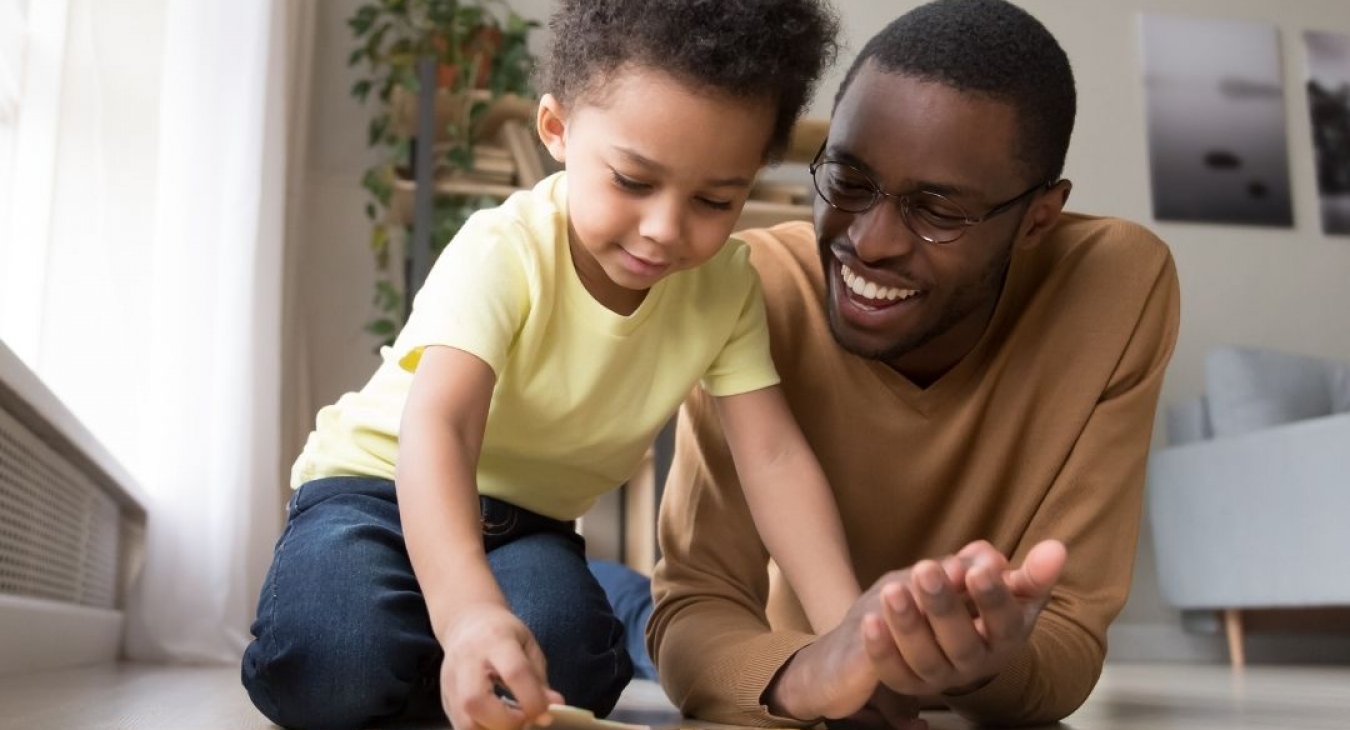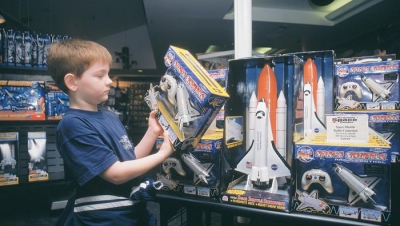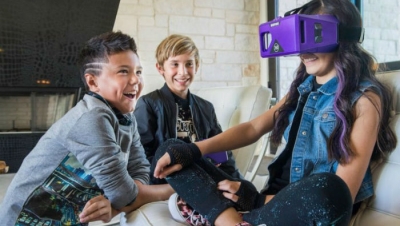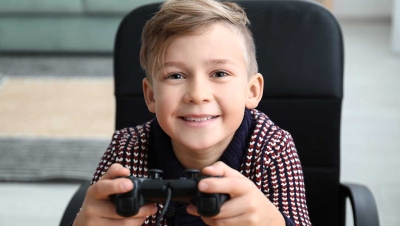How Puzzles Improve Childhood Communication Skills
As children grow, they need age-appropriate toys to engage with to develop into their full potential. Certain activities and toys can provide them with the necessary skills during these stages in development. Puzzles are one such activity that happens to also be a toy, in a sense—they provide everything all at once. Here is how puzzles improve childhood communication skills, so have your pen and paper ready.
Shapes and Space
Having an assortment of oddly shaped pieces in front of you with a limited amount of space to place them tends to stimulate the mind. This is what happens when small children solve their first puzzles. Sometimes, it takes them a little longer than others, but you can be sure that they are thinking the entire time regardless.
Subjects and Problem Solving
Some puzzles offer fun subject matters to make things more relatable for the child as they solve them. This also allows their minds to become more complex as they can relate the subject matter to both the shapes and positions inside the parameters of the problem.
Improved Motor Skills
Moving the pieces constantly and consistently until you find the right fit can be exhausting, but babies love it. It trains them on their fine motor skills and gives them the ability to think outside of the box as they learn to manipulate the area around them to solve the puzzle.
Heightened Senses
Taking on a puzzle challenges Children’s minds to think and grow. Along with improving fine motor skills, they develop a longer attention span as they think through touching and moving things, looking at things, and making mistakes, only to make corrections and learn from these instances.
Early childhood development is a crucial time for children, as their minds truly are like sponges. For this reason, activities like puzzles are necessary to offer them a temporary distraction give them a break from other stimuli. But it also teaches them life skills. Puzzles improve childhood communication simply by challenging them to grow and interact with the world.









